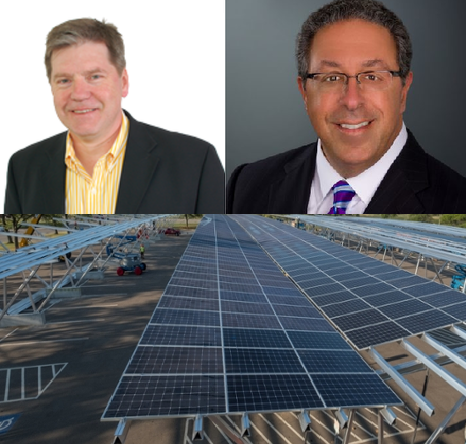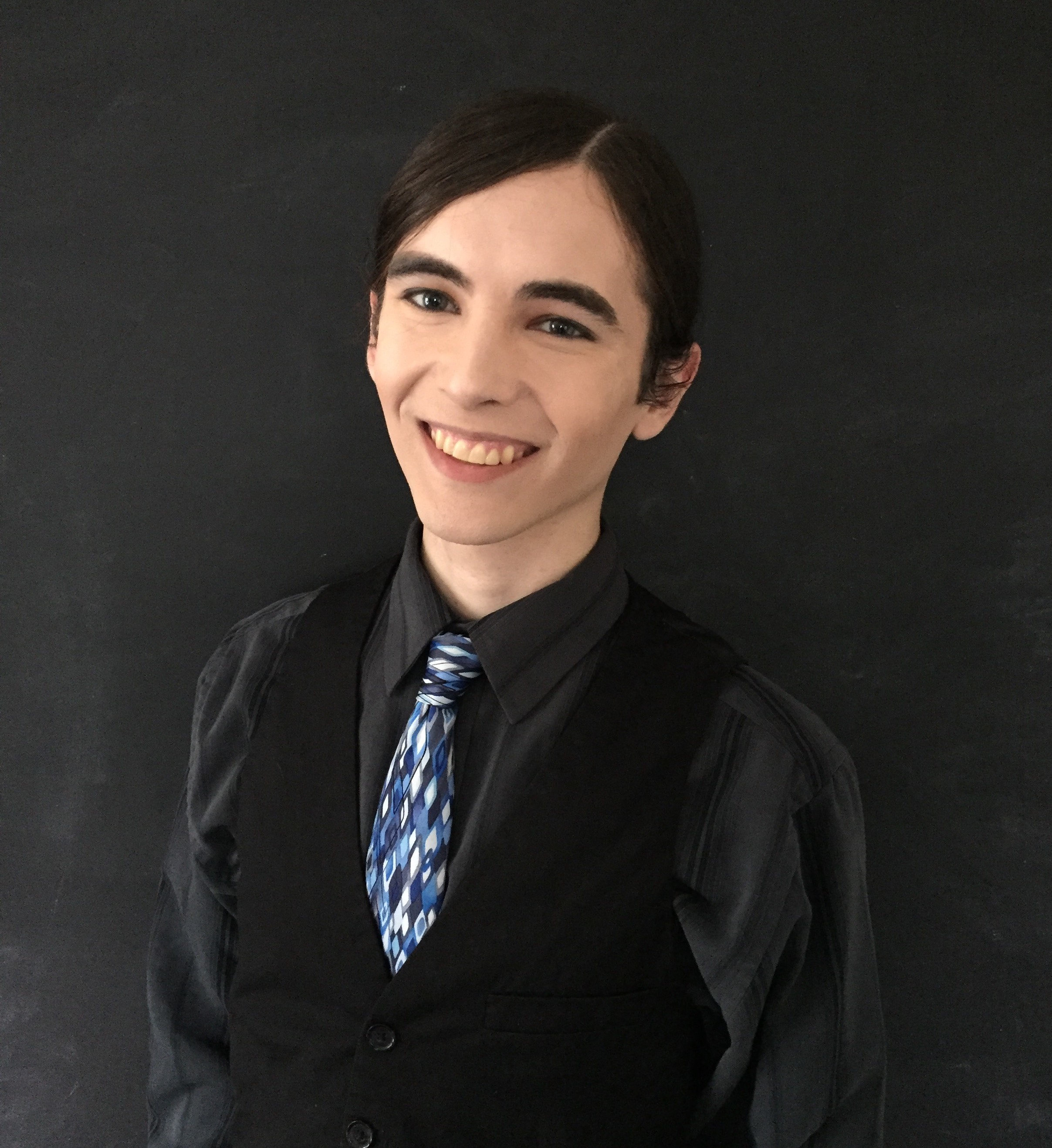Episode 40: Carbon neutrality should not be the end goal with Alex Barron and Aaron Strong
Alexander Barron (left) and Aaron Strong (right)
Guests:
Alexander Barron, Ph.D.
Assistant Professor of Environmental Science & Policy
Smith College
LinkedIn | Bio
Aaron Strong, Ph.D.
Assistant Professor of Environmental Studies
Hamilton College
LinkedIn | Bio
Host: Dave Karlsgodt
Director of Energy and Sustainability at Brailsford & Dunlavey, Inc.
In this episode we interview two professors and researchers discussing a recently published paper in the peer-reviewed journal One Earth entitled: “Carbon neutrality should not be the end goal: Lessons for institutional climate action from U.S. Higher education.” You’ll hear lead author Alex Barron of Smith College and co-author Aaron Strong from Hamilton College discuss their study of U.S. schools that have announced that they have achieved carbon neutrality. This work was co-authored with Maya Domeshek and Lucy Metz (recent Smith College graduates who worked on the paper) and Laura Drauker (formerly of Amherst College, now at the Boston-based non-profit Ceres), and reflects feedback and input from many other sustainability practitioners.
Resources:
Link to the paper: https://www.cell.com/one-earth/fulltext/S2590-3322(21)00472-3
Alexander R. Barron, et al. "Carbon Neutrality Should Not Be the End Goal: Lessons for Institutional Climate Action From U.S. Higher Education." One earth, v. 4 ,.9 pp. 1248-1258. doi: 10.1016/j.oneear.2021.08.014
Drs. Barron and Strong along with Smith student Lucy Metz also summarized their findings for an op-ed "Five ways colleges should respond to the climate crisis" in Inside Higher Ed.
A different paper by Dr. Barron and others on internal carbon pricing in higher education that may be of interest to some listeners:
Barron, A.R., Parker, B.J., Sayre, S.S, Weisbord, D.J. and S.S. Weber. 2020. Carbon pricing approaches for climate decisions in U.S. higher education: Proxy carbon prices for deep decarbonization. Elementa.
Information about the Second Nature Climate Leadership Commitments.
Production Team:
Episode Transcript:
The following is an automated transcription of this episode which will include errors and omissions. You can listen and follow along with the text here: Otter TranscriptYou can find a text-only version of the transcript here: Episode 40 Transcript




